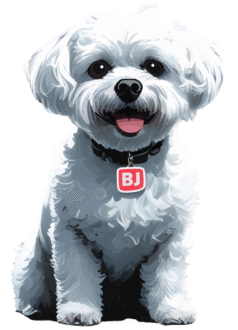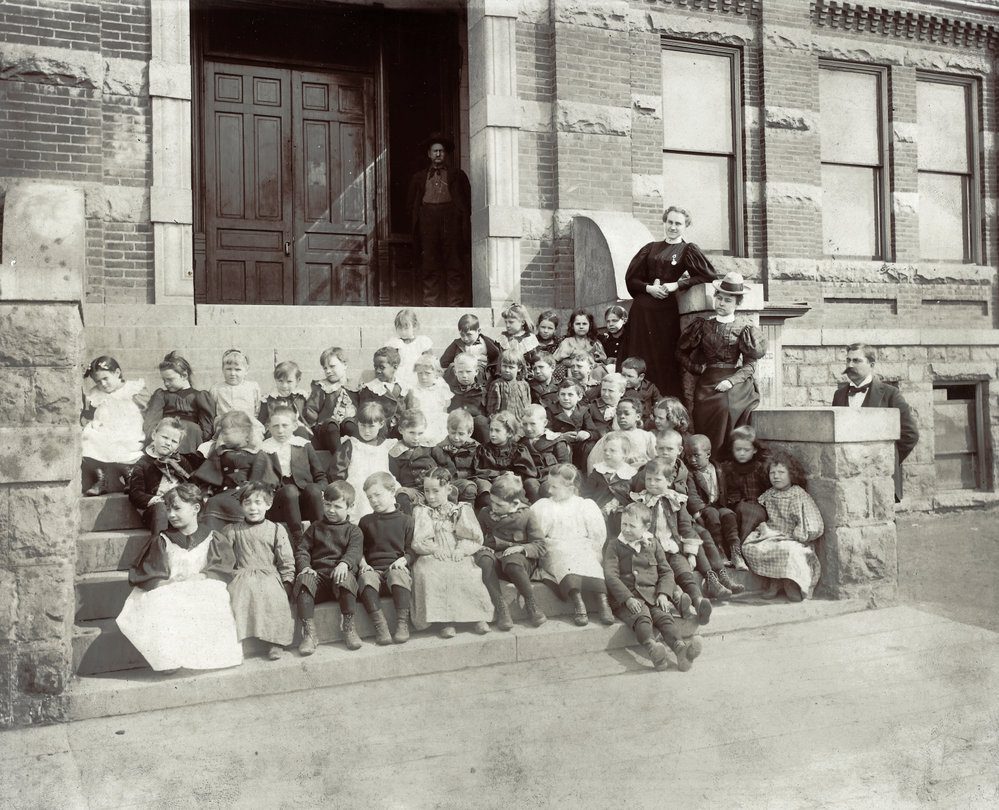I was eight years old when I first understood what it meant to be different.
It was a Tuesday morning, crisp and cool like most in Butte, Montana. The frost still clung to the windows when I walked to school, my breath curling in clouds around my scarf. I liked school—especially reading—but I dreaded mornings like this. Tuesdays meant Show and Tell, and that meant I would have to speak.
I had a stutter. Not the kind that comes and goes, but the kind that turns vowels into obstacles and consonants into battlegrounds. Every word felt like a mountain to climb, and every sentence an unpredictable storm. My teacher, Miss Kelly, tried to be kind, but she had 36 other children to manage, and not much time to teach one girl how to feel safe when her voice betrayed her.
That morning, I clutched my grandmother’s brooch in my pocket—a tiny gold flower I planned to share with the class. I had practiced my lines in the mirror, whispering them late at night while my sister slept. “This belonged to my grandmother. She wore it the day she met my grandfather.” I could say it in my head perfectly. But saying it out loud was something else entirely.
When Miss Kelly called my name, I stood up. My knees shook. The brooch was suddenly heavy in my hand. I walked slowly to the front, the eyes of my classmates trailing me like flashlights in the dark.
I turned to face them. And nothing came out.
I opened my mouth and the words jammed. “T-t-t-this…this…th-th-th-this b-b-belonged—”
They laughed.
A few of the boys in the back row snorted. One girl tried to mimic me, twisting her face and repeating “th-th-th.” I heard someone whisper, “She talks like a baby.”
Miss Kelly clapped her hands and told them to hush, but the sting had already landed.
I stood there frozen, humiliated. My face burned. My throat closed up like it always did when I was about to cry, but I didn’t want to cry—not in front of them. Not today.
So I did something I’d never done before.
I held up the brooch and forced the words out—not perfectly, not smoothly, but loud enough for everyone to hear.
“She wore it the d-d-day she met my g-g-grandfather.”
Silence. My voice shook, but I finished. I don’t remember what Miss Kelly said next. I don’t remember how the rest of the morning went. But I remember the look on her face—like I had done something big. Brave, even.
After school, I walked home slowly, still clutching the brooch. That night, I told my grandmother what happened. She didn’t say much, just took my hand and held it. Then she took off the brooch and pinned it to my sweater.
“You keep this,” she said. “You earned it.”
That tiny act of kindness—that simple gesture—meant more than any praise or applause. It was a badge of courage. And it taught me something I’ve carried all these years: That bravery isn’t about not being afraid. It’s about speaking, even when your voice shakes.
I’d like to say that after that moment, everything got easier. It didn’t. I still stuttered through most of high school. I still feared every time I had to read out loud. But something shifted in me that day. I stopped trying to disappear.
In college, I joined a poetry club. Yes, me—the girl who once couldn’t get through “grandfather” without three false starts. I began to write poems I never thought I’d share, and then I started reading them out loud.
At my first reading, I stuttered through the first line. But I finished. And when I looked up, people were crying. Not because I was fluent. But because I was honest. Because the pauses in my speech made the words matter more.
Bravery can take many forms. For some, it’s running into fires or standing up to injustice. For me, it was whispering “I belong here” loud enough for the world to hear—even if it took me decades to say it clearly.
Now, at 90, my voice still wavers, and I still trip on the same old sounds. But I’ve raised four kids, taught Sunday school for 20 years, and delivered eulogies for people I’ve loved deeply. Each time I speak, I think of that little girl in the schoolroom with the brooch in her pocket and a storm in her throat.
I don’t know if my classmates ever remembered that moment. But I did.
And that’s enough.

